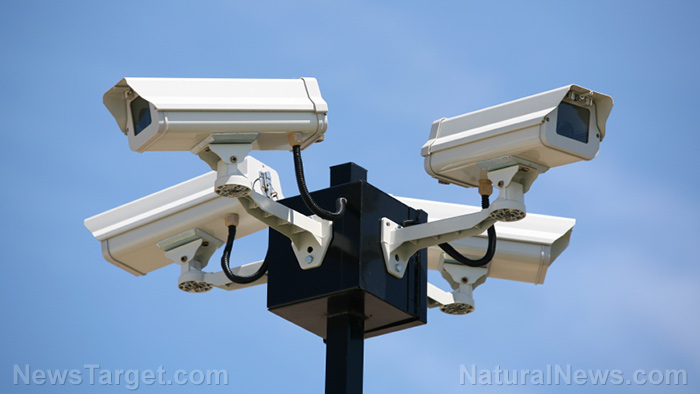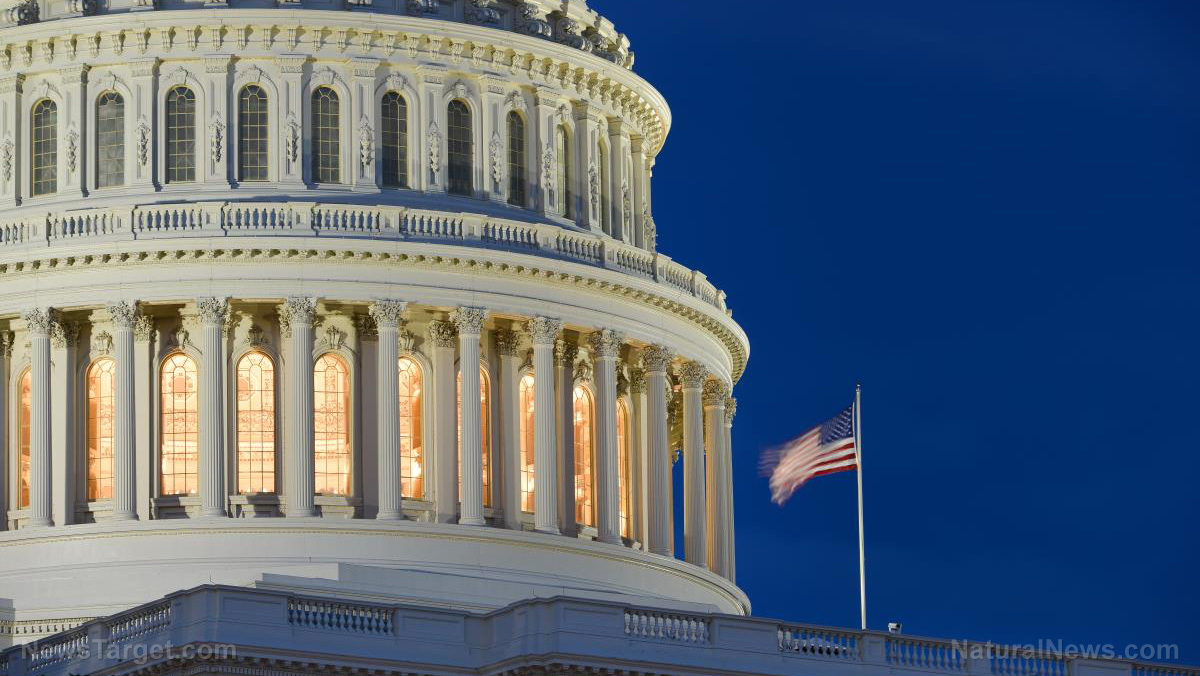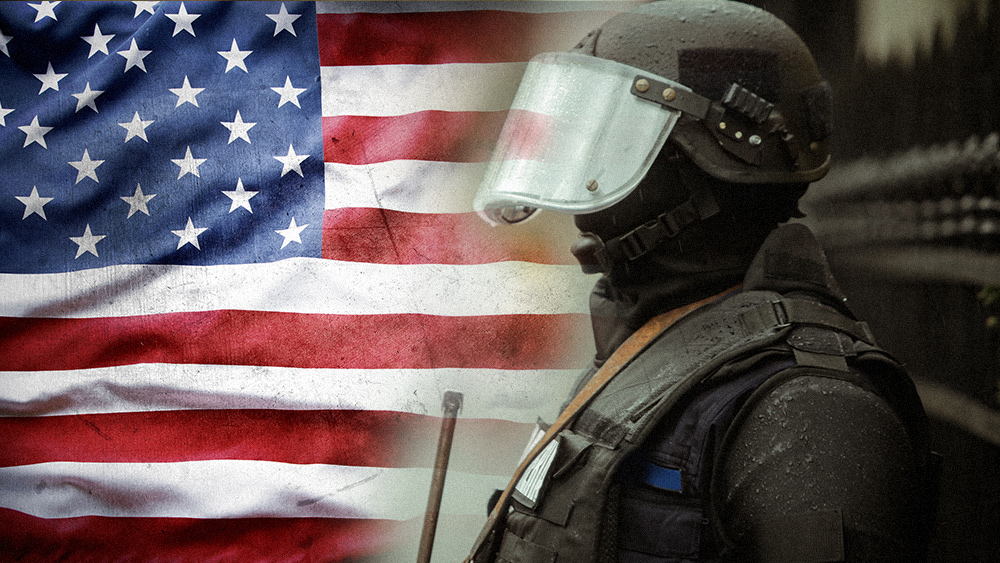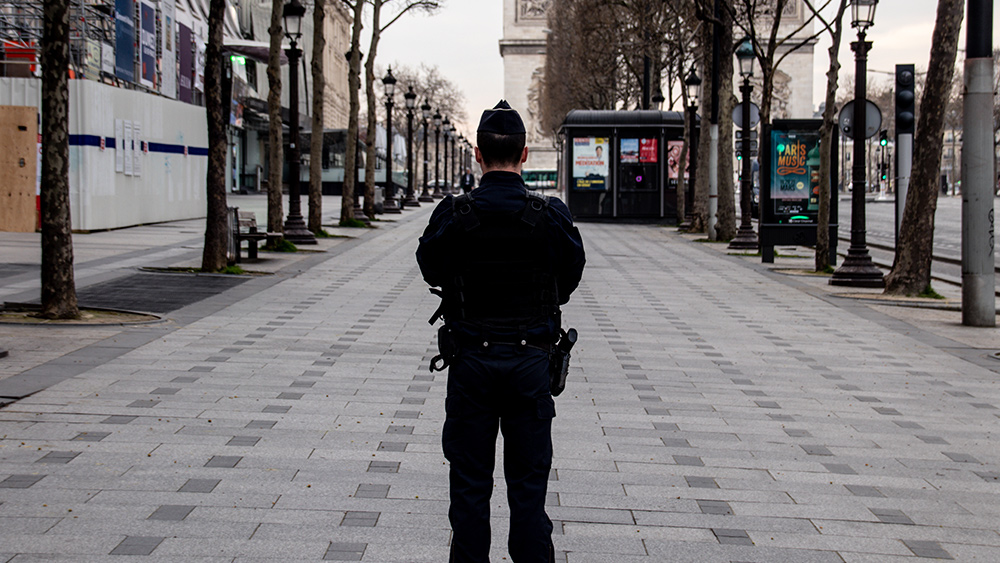Washington state LEGALIZES facial recognition for police and government agencies, creating a high-tech police state
04/07/2020 / By Franz Walker

Washington has legalized the use of facial recognition for law enforcement and other state agencies. This makes it the first U.S. state to legalize the use of such software for government business.
Gov. Jay Inslee signed SB 6280 last Tuesday, March 31, after the Washington State House of Representatives passed it on March 12, by a vote of 27 to 21. The law will come into effect next year.
Prior to the law’s signing, facial recognition software had been in use at the city and county level. However, it had never been formally legalized at the state or federal level.
Limited to identifying the missing and deceased
The new legislation comes with some restrictions. Law enforcement agencies won’t be able to use facial recognition for all kinds of cases. Rather, they can only use it to find missing persons or identify dead bodies.
Additionally, before developing, procuring or using facial recognition technology, agencies must first file a notice of intent with a legislative authority. In addition to this, they’re also required to file an accountability report.
In addition to above, the law states that Washington’s state agencies aren’t permitted to use facial recognition based on person’s “religious, political or social views or activities,” or “actual or perceived race, ethnicity, citizenship, place of origin, immigration status, age, disability, gender, gender identity, sexual orientation or other characteristic protected by law,” or “participation in a particular noncriminal organization or lawful event.”
The new law, as well as the limits placed on the use of the technology, has earned the support of Brad Smith, president of Microsoft. Smith praised the legislation in a recent blog post.
“This balanced approach ensures that facial recognition can be used as a tool to protect the public, but only in ways that respect fundamental rights and serve the public interest,” Smith wrote. He also commented that the new law would help prevent a “commercial race to the bottom” for the facial recognition industry.
It should be noted that State Senator Joe Nguyen who sponsored the law, currently works as a program manager at Microsoft.
Facial recognition doesn’t safeguard civil liberties
In response to the signing of the law, the Americal Civil Liberties Union wrote a strong rebuttal, stating that civil liberties will not be safeguarded by anything short of a facial recognition ban.
“Alternative regulations supported by big tech companies and opposed by impacted communities do not provide adequate protections — in fact, they threaten to legitimize the infrastructural expansion of powerful face surveillance technology,” wrote ACLU project manager Jennifer Lee. “This is why we strongly opposed SB 6280, which purports to put safeguards around the use of facial recognition technology but does just the opposite.”
Lee also wrote that many key issues surrounding facial recognition remained unaddressed by the law. She pointed out that the law contains language that allows agencies to use the technology to deny people essential services and basic necessities such as health care, housing and even food and water.
Other governments have moved to ban facial recognition
The use of facial recognition in the United States is currently not governed by any federal rules. While Washington state has legalized facial recognition, other governments have been more apprehensive about the technology. Some have gone as far as to ban its use by police and other government agencies. (Related: Half of America already in law enforcement’s facial recognition network.)
In 2019, the San Francisco Board of Supervisors voted 8 to 1 to ban the use of facial recognition software by government agencies. The city joined Oakland and Berkeley as one of three California cities that moved to ban the technology that year. Meanwhile, on the East Coast, the Boston, Massachusetts suburbs of Somerville and Brookline have also done the same.
Outside the U.S., other countries have also been more cautious about facial recognition technology. In January, the European Union suggested implementing a five-year ban on the technology. This was so that researchers would have an opportunity to study its potential benefits and drawbacks.
The EU proposal for a five-year ban was supported by Google chief executive officer Sundar Pichai.
“I think it is important that governments and regulations tackle it sooner rather than later and give a framework for it,” explained Pichai at a tech conference in January.
“It can be immediate but maybe there’s a waiting period before we really think about how it’s being used,” he added.
Sources include:
Tagged Under: ACLU, American Civil Liberties Union, badtech, Big Brother, cameras, EU, Facial recognition, glitch, Google, Microsoft, Orwellian, police body camera, police camera, police state, priority, privacy, privacy and surveillance, surveillance, tracking, tyranny, Washington, Washington state
RECENT NEWS & ARTICLES
COPYRIGHT © 2018 ENSLAVED.NEWS
All content posted on this site is protected under Free Speech. Enslaved.news is not responsible for content written by contributing authors. The information on this site is provided for educational and entertainment purposes only. It is not intended as a substitute for professional advice of any kind. Enslaved.news assumes no responsibility for the use or misuse of this material. All trademarks, registered trademarks and service marks mentioned on this site are the property of their respective owners.



















